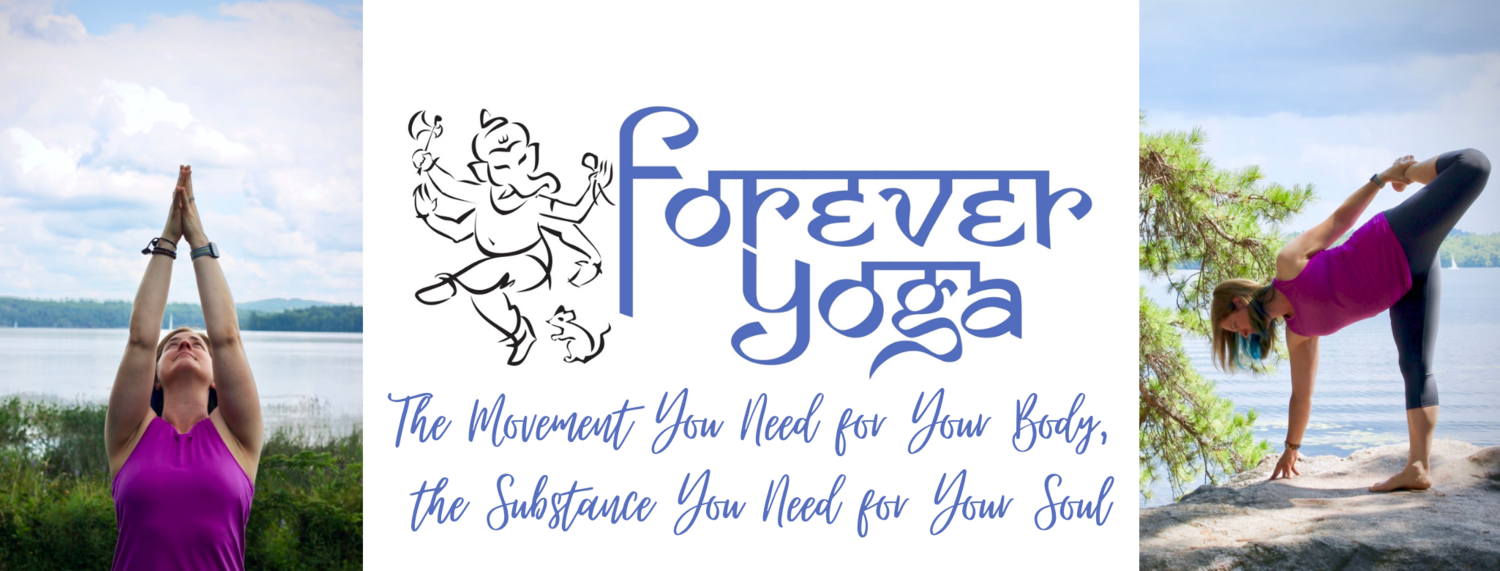Self Regulation: The Key to a Happy Life?
/Life is messy. But if you’re reading this, you’ve probably been around long enough to know that.
In the yoga and spiritual community there’s often a notion that if you just think positively and align your chakras just so and make your full moon intentions, while drinking your green juice at the stroke of 6am after three hours of meditation everything will be just fine.
And that’s all good stuff, but the universe can also from time to time look at all that, laugh and say,
“Oh yeah? How about THIS!”
What do you do in that moment?
You probably already know.
Scream.
Cry.
Throw a fit or an object.
Give up.
Curse a blue streak to the point where you don’t call your Mom for a week because you’re pretty sure she’ll know about your behavior even if you live several states apart.
Become a giant ball of stress that moves through the world like hurricane, demolishing everything in its path.
Don’t worry. Me too.
I think a lot of people are attracted to yoga because they think they will learn how to NOT be that person in those moments. I’m here to tell you, after a reasonable amount of time and practice, that notion is false.
I’m still that person. Ask my husband about the last time the printer didn’t work while I was working on a deadline to get something done.
But here’s what IS different:
Those moments are farther apart.
The little things that used to set me off all the time have lost their ability to do so.
And in the times when I do turn into that hurricane that I mentioned above, my recovery time is a little better.
All of that is due to my yoga practice and the tools of self-regulation that are inherent to the practice.
Self regulation is hard to define on its own, so we might define it by the feelings it generates. When we are self-regulated we feel grounded, centered, and present in the moment. On the flip side, when one is dis-regulated there is a general lack of control over one’s emotional state and/or behavior. We are reactive rather than responsive, impulsive rather than thought out.
Hence that streak of blue language referenced above. * ahem *
So what are the tools of yoga that help us achieve self regulation? Here are a couple of my favorites:
Notice your surroundings - what do you see around you? What colors, textures or patterns do you see? If you’re in a familiar place, can you find some detail that you may have missed before?
Grounding - feel your connection to the earth. Whatever is touching the ground is your foundation and your connection to stable, calm energy. Feel the quality of that connection.
Breath - learning to slow and control your breathing activates the rest and digest response. A single deep breath can start to turn down the flood gates of all those chemicals and hormones that have you feeling like you’re ready to fight a grizzly bear (Pro tip: you are really no match for an actual grizzly bear. Take a deep breath and know what to do should you be the type of person that might be out in grizzly country. Just saying.).
These are wonderful ways to help you self regulate. But here is the main key:
You must practice them when it/life/things are EASY so you remember them when it/life/things are HARD.
Without practice, you can know the best tools, but you won’t be able to use them when you need them most.
We’ll be working with these tools all this month in my public classes. I hope you’ll join me for practice.





